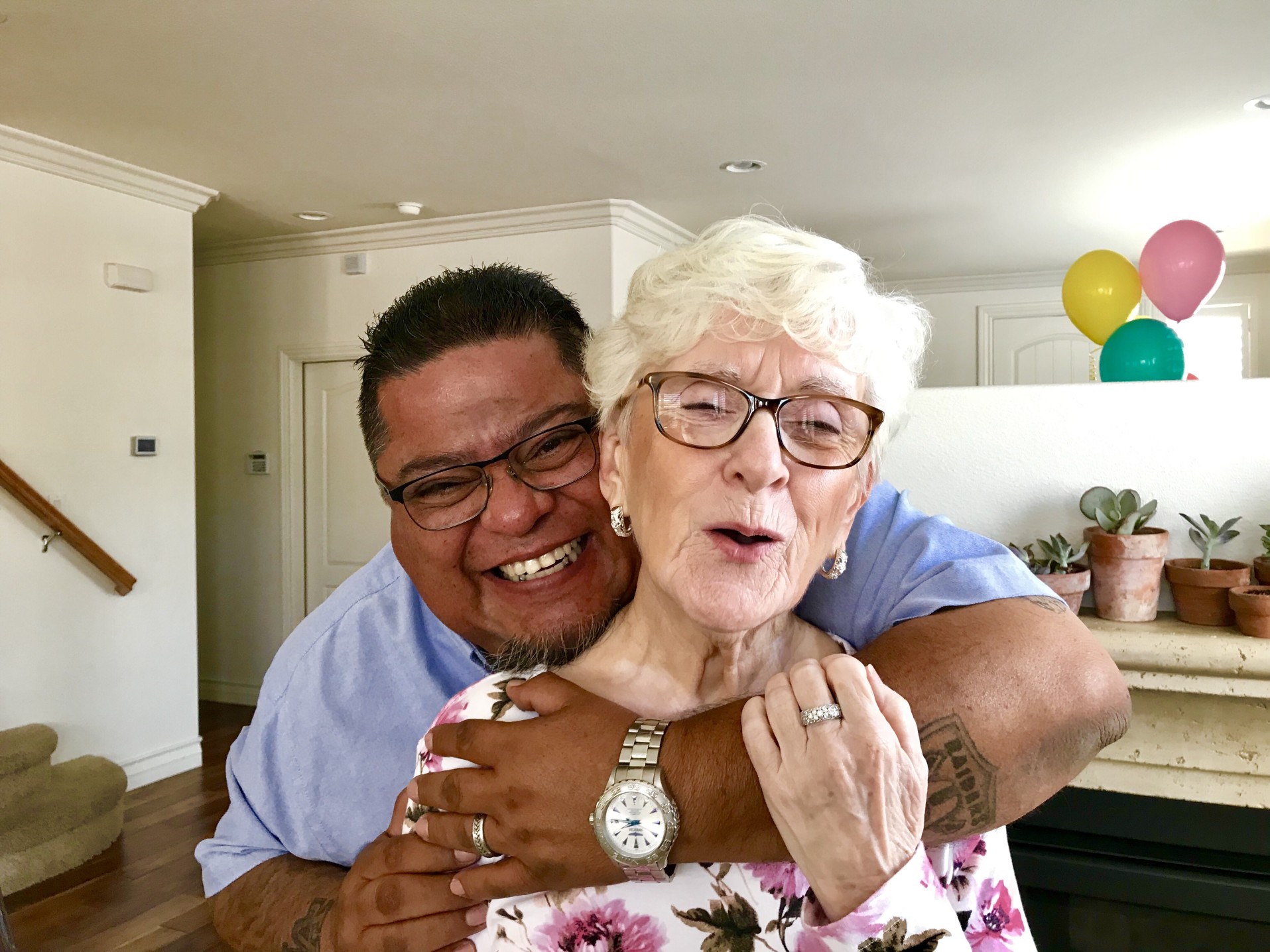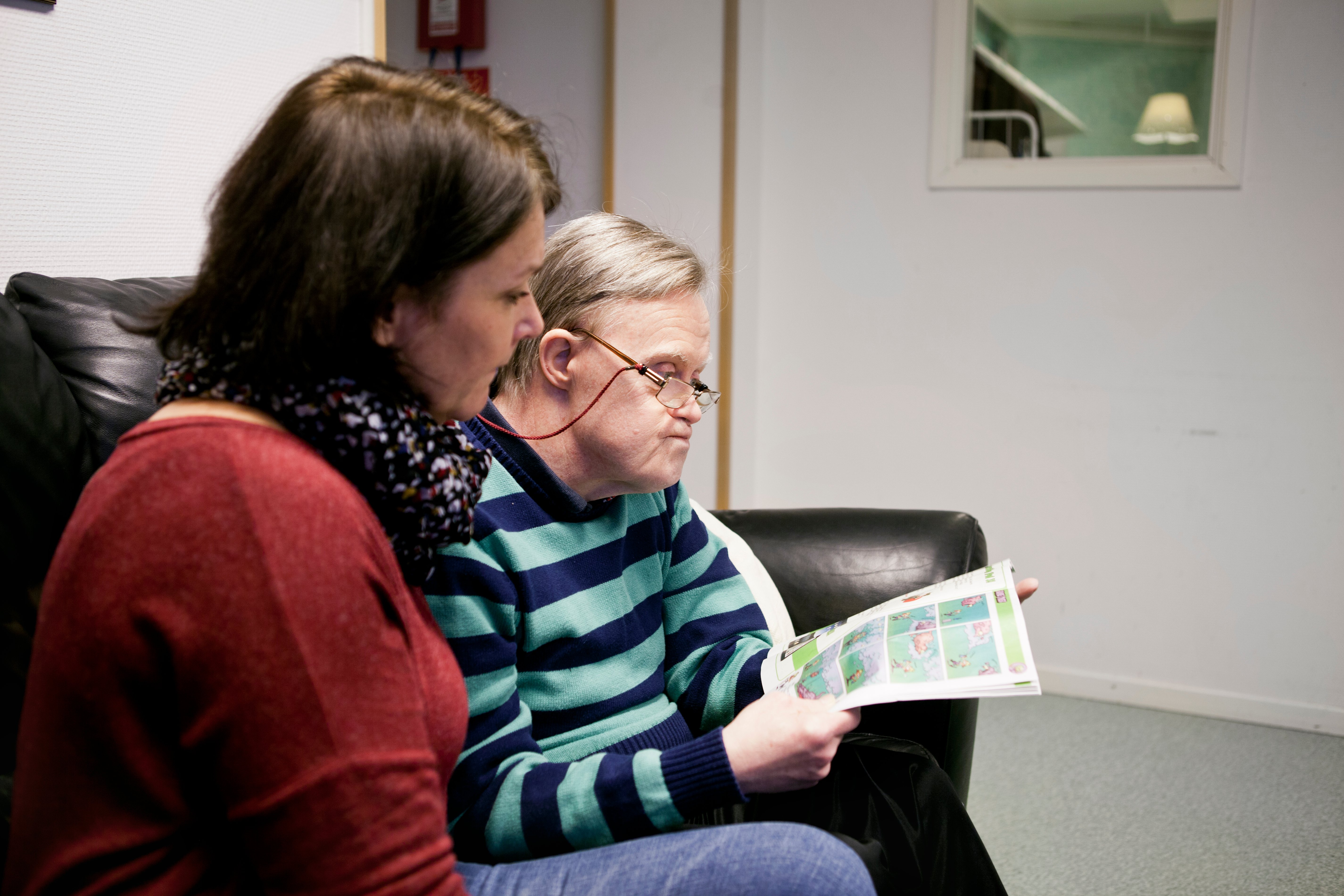3 Ways to set up your caregiving relationship for success
by Megan Marolf | Sep 21, 2021 | senior health, Family caregiving, Paid caregiving | 0 Comments
 The relationship between a caregiver and a senior can be one of the most important in that person’s life, especially in the later stages.
The relationship between a caregiver and a senior can be one of the most important in that person’s life, especially in the later stages.
A caregiver can become your companion, a guardian and a part of the family in the best circumstances.
Unpaid, family caregivers make up the majority of caregivers in the U.S. But there are many different types. There are paid, volunteer and private caregivers to name a few.
We’ll focus on the relationship between paid caregivers and seniors here, because it’s what we do at SeaCare.
A successful relationship can give your loved one a boost of curiosity, happiness and overall health. And you get peace of mind knowing your senior is in good hands while your schedule frees up.
Sit down and write out your goals

Just as with any endeavor in life, it’s good to be clear on what the goal at hand is.
So take a few steps back and survey the big picture.
What type of personality does your loved one or parent have? Would you describe them as “difficult” or “easy-going”?
The answers to these questions are subjective, which is why more alternative methods could come in handy for finding the right caregiving match.
There are so many personality tests: 16 Personalities, Myers-Briggs, the Enneagram test- that it can be hard to choose which one to take. Whether or not your caregiver knows their “personality type” or is willing to take the test, it can be good for you and your loved one to take these tests so you can better assess their needs, and who might be the best companions for them.
Of course, knowing what type of care your loved one will need is the first step. Luckily SeaCare has a guide HERE on how to choose between nursing homes and in-home care.
Now that you’ve got a better grasp on your senior’s personality type and their caregiving needs, think through some problems and conflict that might arise, whether between a senior and their caregiver or among family members when choosing and coordinating care.
We know this doesn’t sound fun, but it can be really helpful in order to prepare the caregiver and the in-home care company for any bumps in the road.
Then, focus on the positive.
Sit down with your senior and write out the caregiving scenario of your dreams. Now think, how could you make this a reality?

You could even try to manifest the best possible scenario, but that might be too woo-woo for you.
For instance, you come home to visit mom and walk in the front door. Her place is neat and tidy and she’s already eating dinner. You walk into the living room and she’s putting together a puzzle with your caregiver.
You feel your stress and worry melt away knowing she’s in good hands, while you can go to your own home after a long day.
Boundaries and realistic expectations are also a good place to start.
They could be as simple as no shoes in the house to not mentioning a certain person’s name to your loved one if that triggers them in some way.
Politics? Maybe it’s better not to go to this topic with certain caregiving relationships.
Focus on a good caregiving match from the start
Choosing a reliable and ethical home care company is the first step in setting up your caregiver relationship for success.
Whether you are looking for a live-in caregiver or someone to give you a break for just a few hours a week, finding a compatible caregiver can make all the difference in your loved one’s happiness.
The wellbeing of caregivers leads to the wellbeing of your loved one, since this relationship becomes so intertwined. When caregivers receive a liveable wage and are treated with the respect they deserve (especially for as important as their job is), then that creates a better environment for your loved one.
Take a look at our checklist for finding the right in-home care company for you.
Here are some questions to ask when calling different in-home care companies:
- Do your caregivers receive a living wage?
- How do you find caregivers to hire?
- What benefits do they get from working with your company?
- What’s your turnover rate for caregivers?
- What happens if the caregiving match doesn’t work out?
You should be able to tell pretty quickly if the company values their caregivers or not. If it’s a big senior care company, they might not be able to answer detailed questions about their current caregivers.
It’s important to keep in mind that staffing can be very difficult for in-home care companies, since the demands of the job are so high and scheduling care can be sporadic.
Get prepared for the in-home assessment

Most in-home care companies will set up a home assessment to take a better look at your caregiving needs, and to make sure the home environment is safe for caregivers.
Be ready with a list of questions to ask about the in-home care company and the caregivers they would hire for working with your loved one.
For example:
-What would a typical shift look like?
-Who do you think you’d hire as a caregiver? (In regards to personality)
-My senior has particular needs in ______ (fill in the blank) area. How can these needs be met?
-If there’s a problem on-shift, what’s your strategy for solving these issues in real-time?
-If your loved one has dementia, be sure to cover the bases in asking how the company’s dementia caregiving is different from other care.
And of course, the in-home care company will probably have some questions for you as well to make sure it’s a good fit.
Still wondering about how to find the best caregiving relationship?
It doesn’t hurt to call around and get a feel for what you DO and DON’T like about certain home care agencies.
Usually you can get a good feel from their website, but talking to a person in real time can give you an even better idea during your search.
Sit down with whoever will be needing the care and ask what’s most important to them in a caregiving relationship.
Give SeaCare a call to start on the path towards caregiver relationship success.
Megan Marolf writes about senior topics and outdoor recreation from her home base in Seattle. You can read more about her here.
If you or a loved one you know are looking for additional support during this time and are interested in scheduling a free in-home assessment, please contact SeaCare In-Home Care Services today! A SeaCare family member is standing by. 425-559-4339.



0 Comments